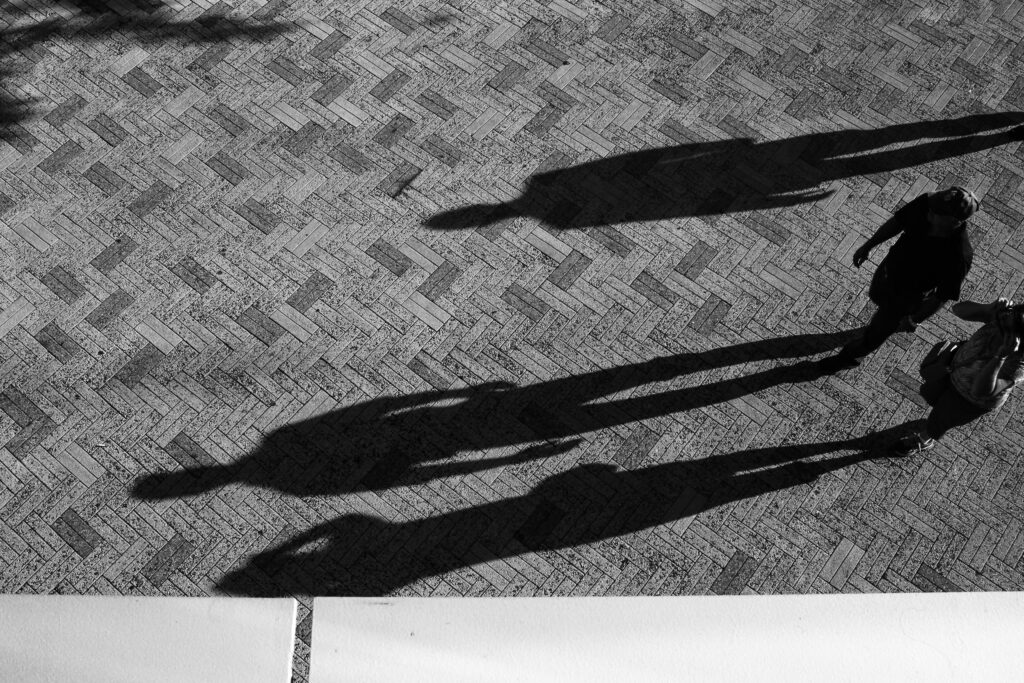The tension between the dual role of the expert as both an impartial informant to the court and selected witness for a party is a matter of long standing controversy. Such controversy was discussed in our three part series on Jones v Kaney. Recently, in AMP Capital Investors Limited v Parsons Brinckerhoff Australia Pty Limited Justice Pembroke embraced an opportunity to comment further on the control of expert evidence and its need to be both impartial and informative rather than an unchecked account of one’s opinion or a party’s cause. His Honour paid particular attention to the notion that the deployment of expert evidence is “now very much the gift of the court” and also recognised the power of the Court to disallow evidence, including an entire report if necessary. [1] Despite the sweeping nature of this statement, concern over this tension is not necessarily new.
Lord Woolf in his review of civil litigation in England in 1996 wrote of the danger that the expert was being transformed into “an additional advocate of the parties”.[2] He recommended increased court control over the admissibility of evidence, the increase of single expert evidence and benefits of concurrent expert evidence. Similarly, in the United States there is criticism of the increased use of ‘hired guns’. In ‘AMP v Parsons’ Justice Pembroke echoed such concerns outlining three observations:
- It is not the role of the witness to form a judgment about factual matters;
- The only useful expert opinion is on technical matters where the judge does not have sufficient knowledge of the subject matter; and
- Too often the clarity of an expert’s opinion is rendered opaque by unchecked enthusiasm to express views on issues which do not matter.[3]
Such an opinion swells on a recent tide of reform including with respect of concurrent evidence, also known as Hot-Tubbing, and a number of provisions in the Uniform Civil Procedure Rules.[4] Both the reform and the standing rules recognise that the overriding duty of an expert is indeed to the court and suggests that impartiality is being lost in the adversarial nature of trial. However, it is perhaps unfair to blame experts for partiality when in fact such bias may stem from the lawyers who select them. As Professor Beran from Griffith University notes, though the skills of the expert should not be manufactured to make an advocate’s case, the advocate retains the right to use that opinion to substantiate their case.[5] Yet this does not necessarily depreciate the expert’s opinion nor their expertise in the field if they ascribe to their view for valid reasons.[6]
Justice Pembroke does not dispute this. Instead he is calling for a higher quality of witness that provides relevant information to the court. In particular, it suggests the court will require experts to be more independents of litigants, something lawyers are unlikely to relish. Indeed what will likely be seen is a need for experts to submit to a higher level of scrutiny from the court for their evidence to be admissible. Justice Pembroke highlighted the power of the court, under the Civil Procedure Act, to disallow a whole report rather than just part of it if it is deemed that the expert is wasting the court’s time and incurring unnecessary expense. He has done so previously.[7] As such, experts will need to be presentational and if necessary defend their evidence thoroughly. This places a higher burden on advocates if they want to avoid losing the benefit of such evidence through the exercise of court control. In particular, it means experts will be most useful if they have extensive experience not only in their field but as witnesses in court. Such witnesses can be found at Experts Direct, where experts are interviewed to protect their ethical duties and in recognition that the court will exercise their control in denying expert evidence if the utility of their evidence is doubted.
This article was written in conjunction with Susan Flynn.
[1] AMP Capital Investors Limited v Parsons Brinckerhoff Australia Pty Limited (2009/290489) Retail Employees Superannuation Pty Limited v AMP Capital Investors Limited (2013/252050) [2013] NSWSC 1633, [29]
[2] Access to Justice The Final Report, The Right Honourable the Lord Woolf, Master of the Rolls, July 1996, Final Report to the Lord Chancellor on the civil justice systm in England and Wales, [13.5]
[3] Above n 1, [30]
[4] See Uniform Civil Procedure Rules 31.17-31.20
[5] Roy G. Beran, ‘The Role of the expert witness in the adversarial legal system’ (2009) 17 JLM 133
[6] Ibid, 135
[7] See Ireland v Retallack (No 2) [2011] NSWSC 1096
Picture source: http://www.building.co.uk/Pictures/web/j/o/q/BINGO5.jpg
